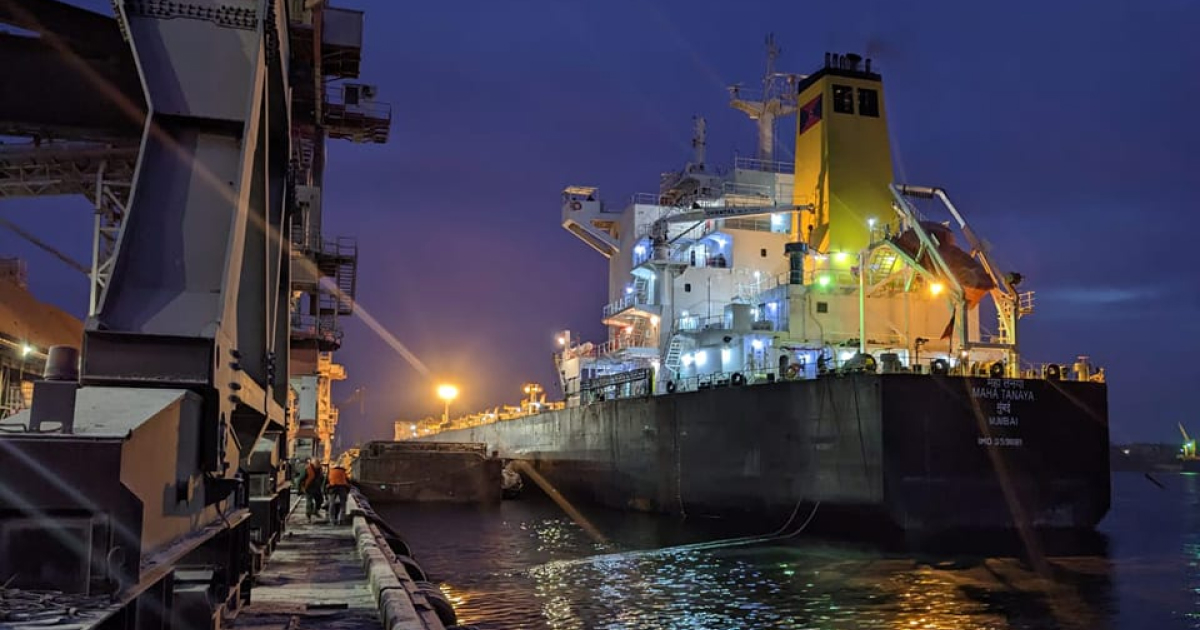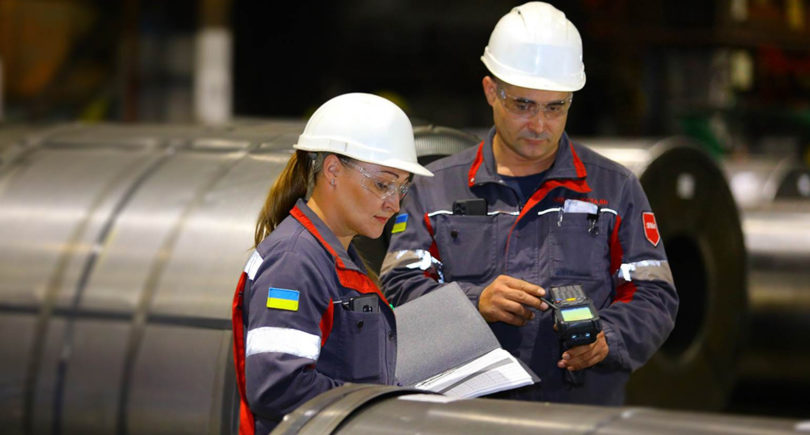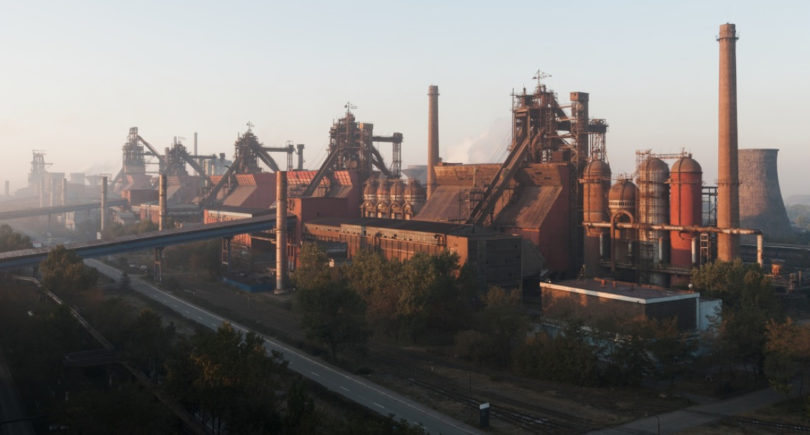
The company emphasizes the lack of effective support mechanisms and the high cost of insurance
The Ukrainian industrial company Interpipe relies only on its own resources to cover the cost of insurance against maritime risks. Oleksiy Yanovsky, the company’s director of procurement and logistics, said this in a commentary to RBC-Ukraine, commenting on the situation with marine risk insurance, in particular, the special insurance mechanism Unity Insurance Facility and reinsurance from the Ukrainian state.
“Unfortunately, we do not feel the real impact of these initiatives and mechanisms. Today, we can only rely on our own resources to cover the cost of insurance against war risks,” Yanovsky said.
The company, which exports 40% of its products (railway products, pipes) through the ports of Greater Odesa, noted that the cost of war insurance has not changed significantly since the launch of the so-called “temporary corridor” and remains too high. In particular, ordinary cargo insurance costs 0.06% of its value, while covering military risks is 20 times more expensive – 1.25%.
“In my opinion, it will not change until any legally binding ceasefire is established. The fact that in some period of time the shelling is less systematic and destructive does not guarantee that at any time convenient for the aggressor, a strike will not be made. In other words, the risks do not go away, so the high cost of insurance remains,” explained Yanovsky.
The company also raised the issue of compensation for losses by the state in case of damage to ships or cargo due to Russian aggression. According to Interpipe’s estimates, the number of such cases remains small, so the burden on the budget will be insignificant. At the same time, the introduction of state support could help increase shipowners’ confidence and reduce insurance rates.
“The very fact of such political will creates the preconditions for greater shipowner confidence, which will increase the number of people willing to work in Ukrainian ports. As a result, we should also expect a reduction in insurance rates,” emphasized Interpipe’s Director of Procurement and Logistics.
To achieve this, he said, it is necessary to develop a transparent compensation mechanism and conduct a large-scale information campaign among international partners. This will help not only attract more shipowners to cooperate with Ukrainian ports but also stabilize the shipping market in the current environment.
As GMK Center reported earlier, Interpipe is implementing modern logistics solutions, focusing on cost reduction and expanding its supply geography. In cooperation with its partners, the company has set up a hub in the Georgian port of Batumi for transshipment of pipe products. From here, the goods are delivered to customers in the Caucasus and Central Asia by rail and road. The company also plans to lease another vessel to operate in the Black Sea.
Interpipe is an international vertically integrated pipe and wheel company that ranks among the top 10 seamless pipe producers in the world and among the top 3 producers of all-rolled railway wheels.




